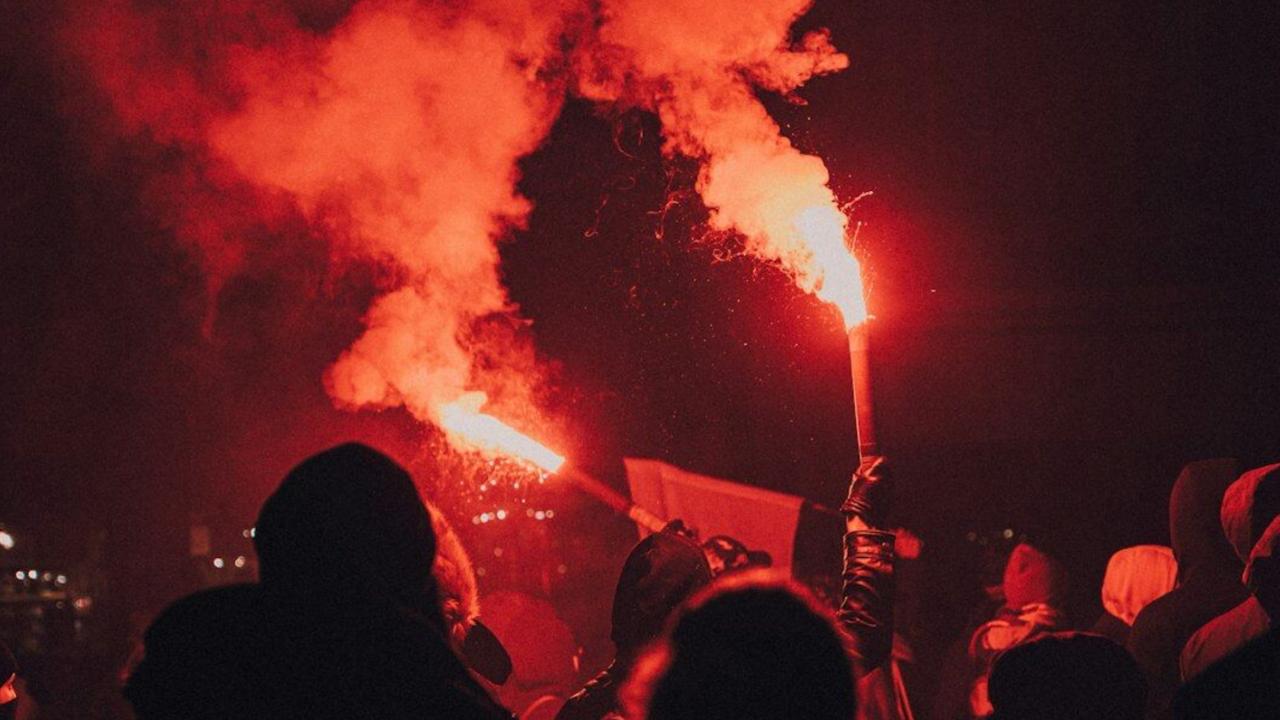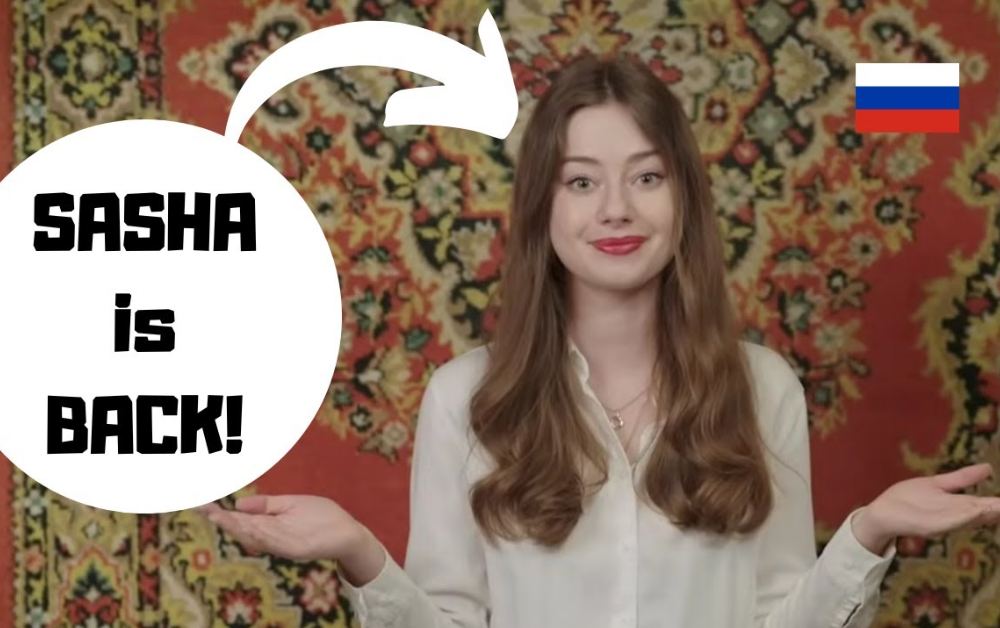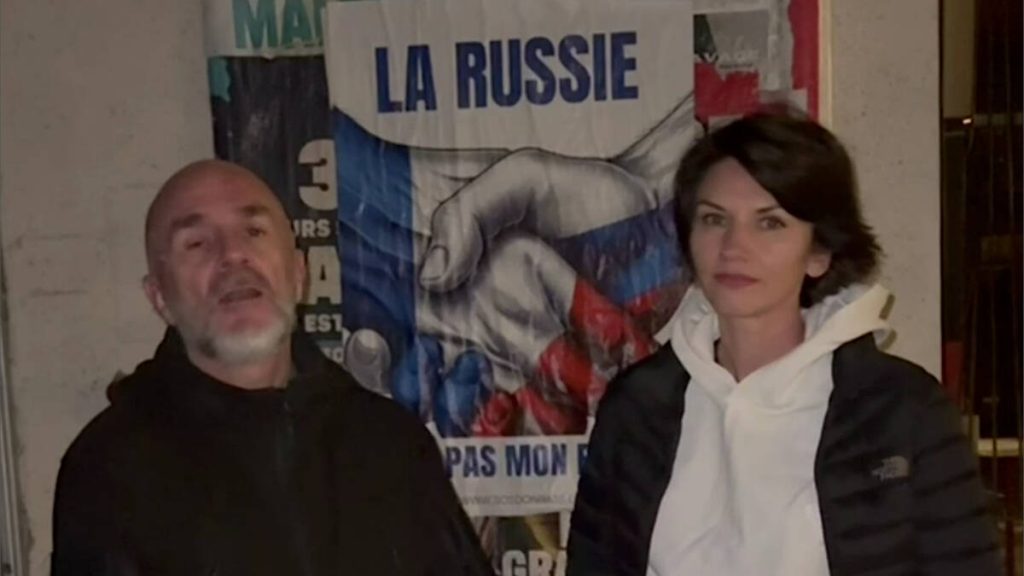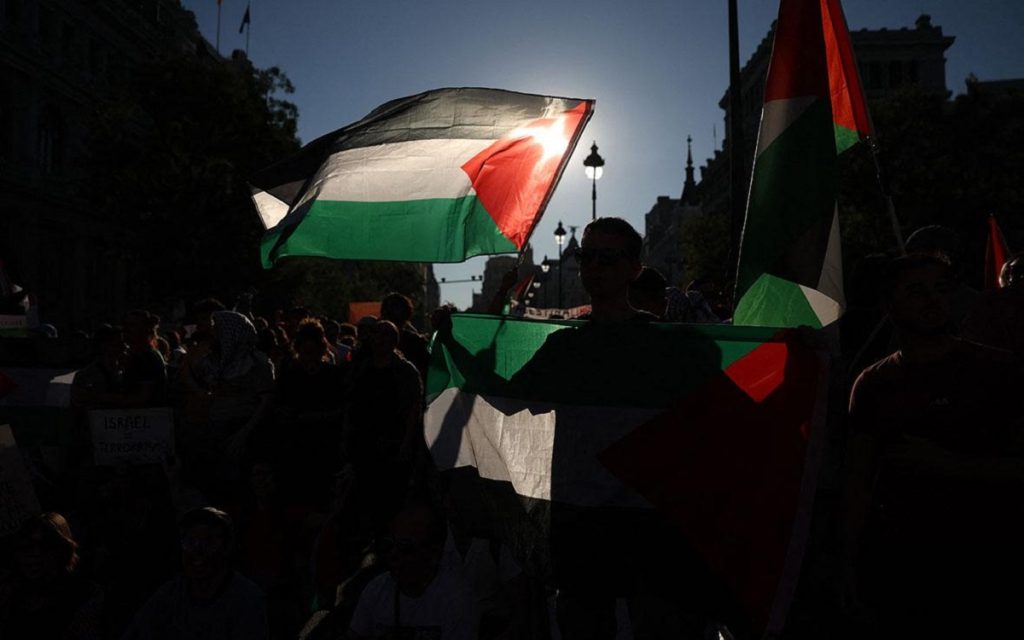For exactly eight months, spontaneous popular unrest has been ongoing in Serbia. Though calling them “spontaneous” might be a stretch, “massive” is certainly accurate. In essence, what is happening now is the biggest challenge to the government and personally to Aleksandar Vučić in the last decade.
The formal trigger was the collapse of the railway station canopy in the city of Novi Sad on November 1, 2024, which resulted in the deaths of 16 people.
Since November, mass protests have become almost a routine part of life in Serbia, at times nearly dying down, then flaring up with renewed force. The makeup of those who take to the streets today is noteworthy—students (or rather, young people in general) and those who are fed up with or, for various reasons, dislike the current government. And there turned out to be unexpectedly many of them. The protests have been supported by various groups: city dwellers, farmers, teachers (which is also a warning sign), lawyers, doctors, artists, and drivers.
Why did this happen? The answer most likely lies in the fact that people are tired of corruption and nepotism (granting privileges to relatives or friends regardless of their professional qualifications). It should be noted here that nepotism is very characteristic of the entire Balkan region, where special connections or privileges for relatives, friends, and neighbors have always been an integral part of societal life. There is, of course, a sense of camaraderie in this, but beyond the positive aspects, the “who-you-know” system also has a number of negative consequences. In particular, the lack of oversight or cover-ups for shoddy work, as well as under-the-table schemes where “one of our own” is always more right than an outsider.
This is part of life in the Balkans, in many countries of the former Yugoslavia. But people are no longer satisfied with it, just as they are dissatisfied with the arbitrariness of officials or the inefficiency of the government—for example, waiting weeks or even months for a simple document. Often, finding the truth in official government institutions is very difficult, if not impossible. Before going somewhere to sort things out, people often ask each other—do you know anyone who works in that institution? If not, the resolution of the issue is usually delayed indefinitely. Naturally, this breeds public discontent.
The accumulated resentment was bound to spill over sooner or later, including in the direction of the government and state institutions.
Eyewitnesses currently in Belgrade say that Serbs themselves do not yet express negative attitudes toward Vučić or voice a desire to remove him immediately. But the situation could change quickly. Serbs, by the way, have never had much reverence for those in power.
Nevertheless, the government attempted to make a symbolic sacrifice. On November 4, 2024, Serbian Construction Minister Goran Vesić announced his resignation but stated that he did not admit guilt. Then, on November 20, Minister of Foreign Trade and former Construction Minister Tomislav Momirović resigned. And at the end of January—Prime Minister Miloš Vučević. But this did not calm the people, and in March, the three largest protests took place in Serbia’s two biggest cities, Belgrade and Novi Sad, drawing between 100,000 and 400,000 people, according to various estimates. The latest demonstrations occurred at the end of June this year, and at these, protesters were already demanding the government’s resignation and early elections.
It’s only a matter of time how much longer Aleksandar Vučić will remain in his position.
This largely depends on the resilience of Serbia’s political system itself. That it is currently being undermined, including by external forces, is beyond doubt, even if Serbs themselves don’t think so. There is a high probability that Aleksandar Vučić will be replaced before the end of this year, as he is now genuinely inconvenient for many.
The people want change, Vučić offers no concrete actions, and his pro-Russia stance in this conflict neither gives him clear advantages nor disadvantages. It is merely one of the factors he possesses, and the Serbian population has mixed feelings about it as well.
On Serbian youth
An important factor in the current standoff between the population and the authorities is that the initiators of the protests are students or young people in general. On the one hand, they do not display overtly aggressive positions, but on the other hand, nothing is stopping them from rocking the boat indefinitely. Why has youth been chosen as the driving force? I see a sort of “pro-Georgian scenario” at play here, which was likely tested quite successfully in Georgia and possibly in a number of other countries.
The scenario involves actively engaging young people and students in the political agenda, not overtly, but through covert actions.
There is no explicit involvement of Serbian youth in politics at the moment (though they are already quite politicized on their own), but they are being urged to actively oppose corruption and take civic initiatives.
What else makes the Georgian scenario similar? The fact that today’s young Serbian population is fundamentally different from their fathers’ and especially their grandfathers’ generations, who lived in communist Yugoslavia, remembered friendship with the Soviet Union, and had warm, friendly feelings toward Russia.
Today’s Serbian youth feel no particular emotions toward Russia—to them, it is just another country like any other. This is a generation that is well-off, even somewhat spoiled. Serbs understand that this youth is different. This is youth that is used to going skiing in neighboring Austria or partying with friends in Berlin. This is a generation that can afford summer vacations at Turkish resorts and for whom, let’s say, Serbia’s pro-Russia orientation is not a priority—it might even be seen as an obstacle on the path to a unified, bright European future.
Western politicians also play a role in stoking these sentiments. Not without their influence, Serbia’s schools have introduced a decidedly pro-Western 12-year education system, and young Serbs have been given preferential admission to some European universities.
Second, Serbs now enjoy visa-free entry to the Schengen zone for up to three months, which naturally fuels interest, especially among young Serbs, in the European direction.
And the third factor is that the unified education system, including the Bologna Process, allows young Serbs to apply to Western universities—which they do quite successfully. Thus, a pro-Russia orientation is not on the agenda today. It would be wrong to say that young Serbs are anti-Russia—that’s not the case either. But they don’t feel any particularly warm feelings either.
HR
What else is worth noting—beyond the protests over the collapsed canopy, the poor state of cities and streets (which is a real issue in Serbia), discontent is also fueled by official corruption and the lack of jobs for young people.
Serbia is currently grappling with a severe youth unemployment problem, especially among students. I’ve heard the opinion that in Serbia today, it is much harder for someone with a higher education to find a job than, say, someone with a vocational skill. This is because there simply aren’t enough positions for young scientists, doctors, or teachers. People prefer to hold onto their jobs for years and are not eager to vacate them.
Traditional Balkan caution—if someone has a job, unlike in the Western world or even in Russia, they are not inclined to change jobs frequently.
People often stay in one place for years or even decades if it suits them. As a result, social mobility and career advancement opportunities in today’s Serbia are barely noticeable—there are very few of them. This is why student discontent with the overall system is growing. And this has been skillfully exploited by protest organizers and channeled in the right direction.
In other words, a clear and tangible principle has come into play—”See, here too the government has failed, you have no real prospects, and something needs to change.” And to change something, you have to break what has already been built.
Something will likely be built in Serbia—the people are clearly tired of the current system.







